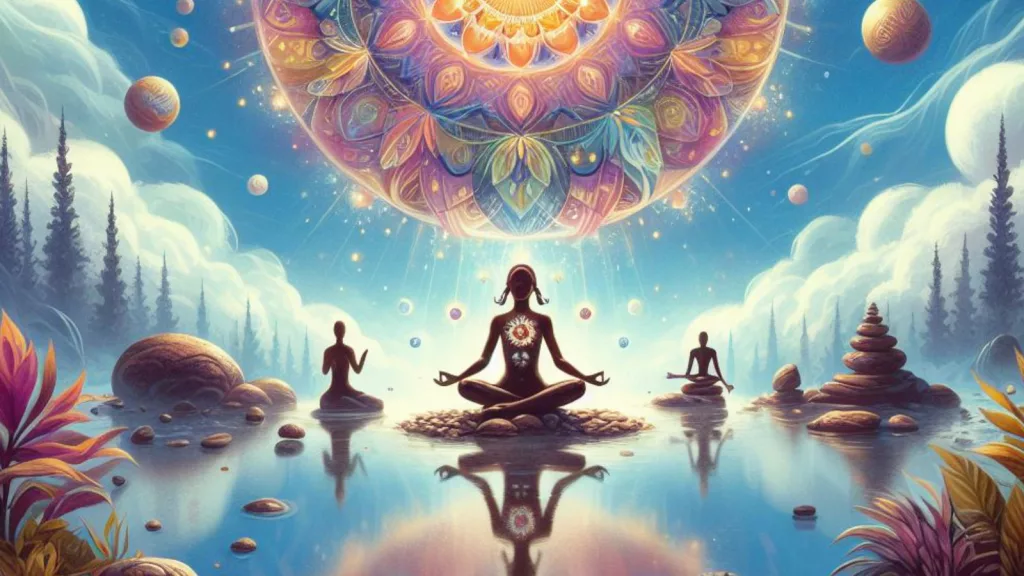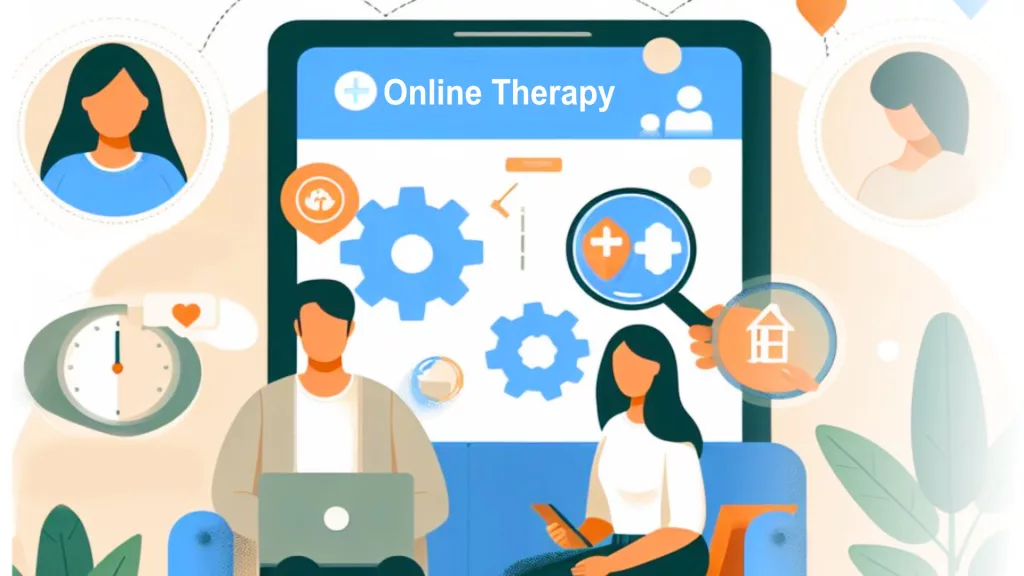When people think about analyzing their dreams, they usually think of psychics with crystal balls, dream dictionaries, or lying on a bed and psychologist tells them precisely what their dreams connote. But dream analysis is actually a valuable way to better understand yourself.
Why We Dream
Dreaming is non-essential when it comes to survival as a body but it is essential with regard to our development and evolution as metaphysical beings,” according to Sumber,” who studied global dream mythology at Harvard University and Jungian dream interpretation at the Jung Institute in Zurich.
Dreaming is the communication between our conscious mind and our unconscious mind, helping people create wholeness, dreams are the bridge that allows movement back and forth between what we think we know and what we really know.
Dreams let us play out painful or puzzling emotions or experiences in a safe place. Dreams also allow us to process information or events that may be painful or confusing in an environment that is at once emotionally real but physically unreal.
“Dream analysis is a key component in the process of becoming whole as a person,”. Dreams reveal a person’s “deepest desires and deepest wounds.” So, analyzing your dreams helps you gain a deeper understanding of yourself.
How To Analyze Your Dreams
One of the biggest myths about dream analysis is that there’s a set of stringent rules people need to follow. But every person is unique, so there are no formulas or prescriptions.
Dreams can only be understood in the larger context of the individual’s unfolding and self-discovery. However, there are several guidelines that can help you see your dreams more thoughtfully and dig deeper into their meaning.
Record your dreams
This is the first and most important step in analyzing your dreams. “Taking notes, even a few sentences that encapsulate the dream, literally draws the content of the unconscious out into the realm of the concrete.”
Think you don’t dream or can’t remember your dreams?
He suggests simply keeping a journal by your bed, and writing “No dream to record” every morning. “Within two weeks of this process, the person will begin to remember their dreams.”
Identify how you were feeling in the dream
For example, asking yourself: “Was I scared, angry, remorseful, etc.? Do I still feel those feelings the morning after? How comfortable am I feeling these feelings?”
C.G. Jung referred to dreams as “feeling-toned complex of ideas.” In other words, according to Sumber, “We are always being called by our unconscious self to feel into our ideas, thoughts and actions so as to gain a deeper sense of who we are and where we are going in our lives.”
Identify recurring thoughts in your dreams and daily life
Examples of recurring thoughts: “They are going to kill me.” “I don’t understand.” Or “I’m not going to make it.” Next, ask yourself if you’ve had these thoughts throughout the day. If so, in what situations have you had these thoughts?
Consider all the elements of a dream
You can show up in your dreams in various ways. Many times, “we can find ourselves, our personalities, in many elements of a dream, even if there is a clear distinction between us and another character in the dream.”
You can ask yourselves these questions, “What is it like to be the villain in the dream? What is it like to be the aggressor, or be passive?”
Put down the dream dictionaries
You’ve probably come across dream dictionaries that feature specific meanings for objects. while there may be some universal meaning for these symbols, the key is to figure out what the dream means to you.
“While there may be a trace of collective meaning for certain universal symbols that do have some bearing on our internal analysis and growth, We are far more interested in where the dreamer goes with the symbol and what the dreamer connects to as a result of the dream.”
So, even though there may be some universal elements, symbols have different meanings for different people. “We believe we are all unique and carry very personal histories that impact the symbols, objects, tastes and smells that we associate with a particular dream story or event.”
Lucid dreaming and self-realization
A lucid dream is a dream during which the dreamer is aware of dreaming. During lucid dreaming, the dreamer may be able to exert some degree of control over the dream characters, narrative, and environment.
The term “lucid” means clear, lucid dreaming is more than just having a clear dream. To have a lucid dream you must know that it’s a dream while you’re dreaming. That’s it. It doesn’t require that you can control anything in your dream, though control is what beginning lucid dreamers often aim at. People get attracted to lucid dreaming because they want to be able to do things they could never do in waking reality.
For example: taste fire or fly to the sun or the interior of the earth or test your craziest science experiments on your worst enemies.
You can talk to your actual subconscious mind through a lucid dream. This lets you communicate with the inner level of consciousness that is almost always hidden beneath the surface. You can’t do this when you’re awake, because your subconscious mind is too powerful and too complex to even tap into but in a dream, you can. The best benefit about lucid dream is that you become the best version of yourself. You are spending your time in a good way whether you are awake or asleep. You are not wasting your time, and you are doing the things you want to do in your life. That’s worth any price.
Remember you’re the expert
There are no experts other than yourself when it comes to your own psyche so don’t stop trusting your own inner guide to your unconscious.
Therapists need to place aside all of their information, tools and associations for universal symbols and dream interpretation with each new client and treat each person as a unique, new world to be discovered.
Recent Posts

15 Minute Spirituality: Small Steps, Big Impact

Top 10 Advantages of Online Therapy


